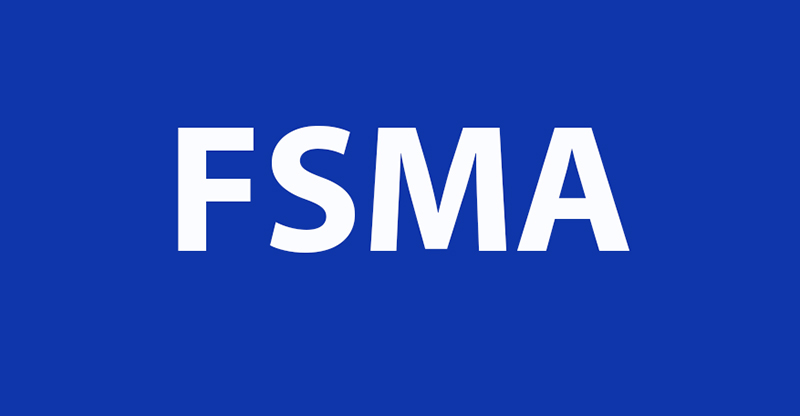FSMA is the law of the land and the FDA is starting to enforce compliance, so now is the right time to discuss what’s working and what isn’t in terms of trading partner collaboration. Just how are companies successfully coordinating the movement of goods from the point of production and processing to the American consumer and ensuring food safety throughout the value chain?
Risk reduction continues to be the focus of collaboration between trading partners, with the understanding that failing to meet compliance requirements can mean big fines for companies and jail time for executives. We’ve seen a marked increase on this topic in the sessions at trade shows and conferences, and the number of webinars and other educational opportunities has soared during the past year. Most importantly, the number of meetings continues to increase between retailers, suppliers and carriers where the discussion of food safety compliance and risk reduction is high on the agenda.
Eliminating risk is always top of mind for a company’s lawyers and accountants, but recent issues have caused other company functions to increase their collaboration with contacts at trading partner companies. On the retail side, merchandisers are holding vendors accountable for compliance and requiring food safety documents for new suppliers at signup. Purchasing is reconfiguring the purchasing process to suspend or stop PO generation and payment if a supplier is out of compliance. And, store operators are alerted to potential safety concerns, so they can act expediently on behalf of their consumers.
For suppliers, sales teams are getting necessary training on food safety, and they are using this knowledge to engage customers and protect their brand equity with consumers. Their supply chain and IT managers are also managing to the new FSMA normal of managing dozens of new documents and present written records in accordance with the 24-hour requirement. For their part, transportation companies are working to meet new FSMA requirements that demand assurance in writing that food was transported under proper sanitary conditions.
What’s Driving This Collaboration?
Similar to Sarbanes-Oxley, CEOs are responsible for verifying the compliance of their supply chain under FSMA. Given these risks, companies have started to automate their management of compliance documentation. Forward-thinking companies are even moving beyond compliance document management and are applying the same technology to ensure that important product information like gluten-free items and allergen-related declarations are properly documented.
Collaboration is supported in today’s environment by technology, which saves companies both time and money by leveraging automation to ensure the accuracy of documents (e.g., indemnifications and insurance), providing executives with information on which to make better business partner decisions.
Collaboration is a critical cog in the wheel of the value chain that helps provide the consumer with a safer food supply while reducing both brand risk to suppliers and retailers and health risk to all. The industry needs to strengthen its working relationships to ensure this effort continues without constraints.






